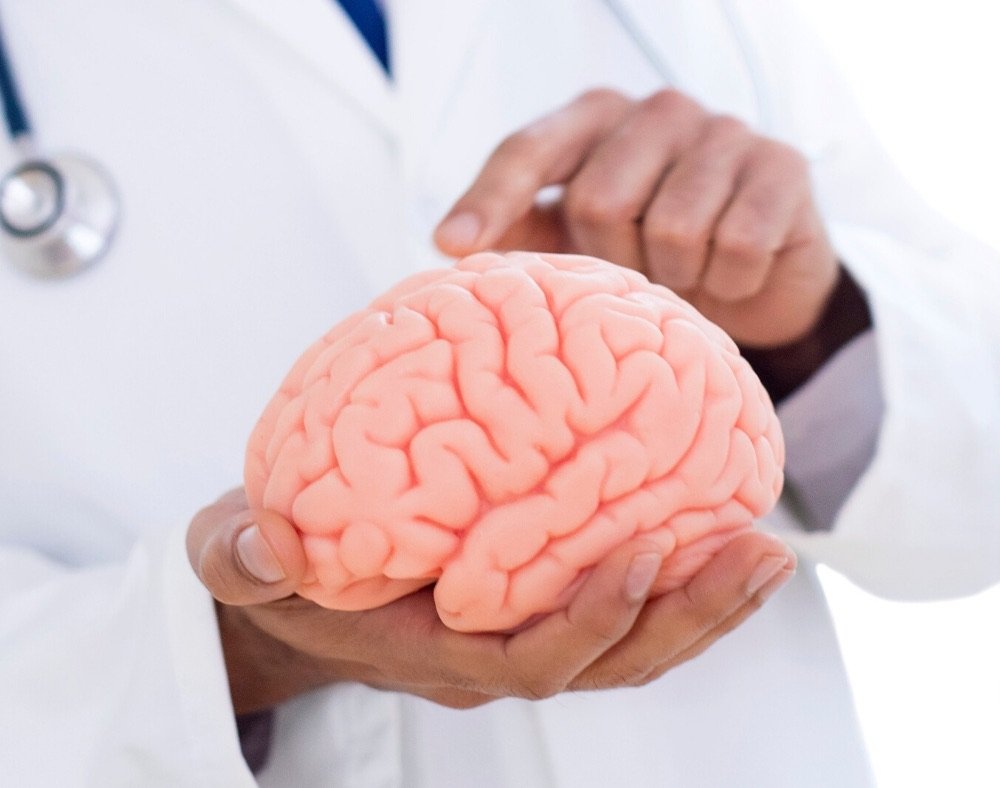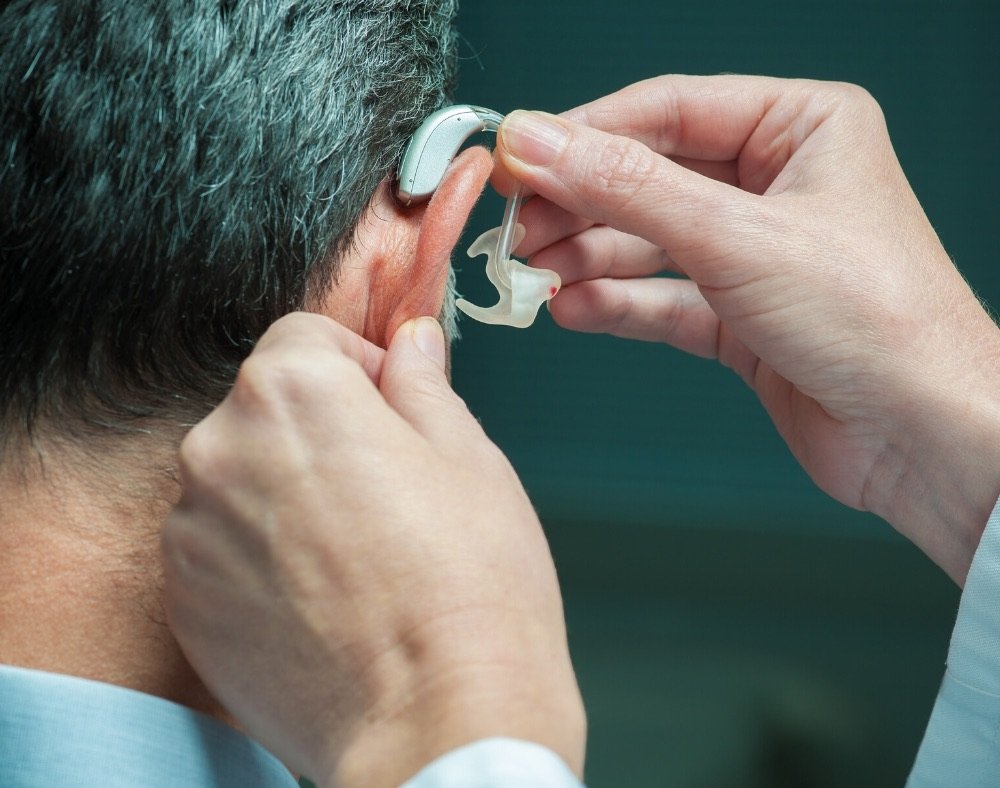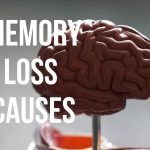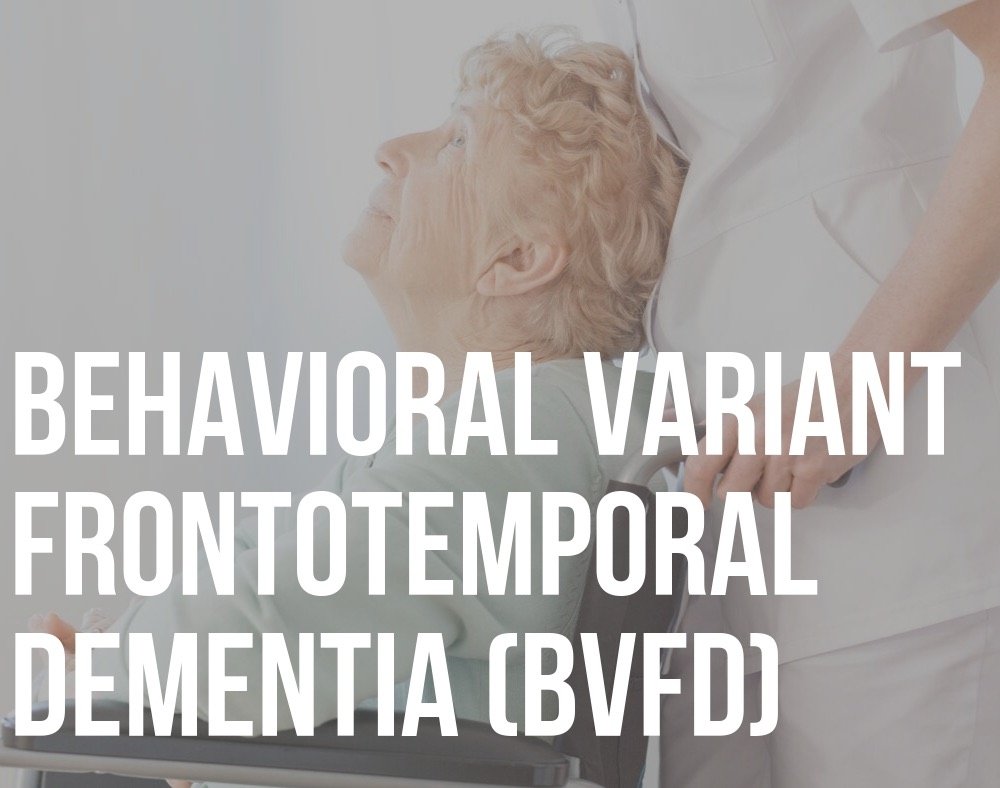There is a need to discuss the symptoms that persons with dementia may experience, one of them being dementia and delusions.
Delusions can be described as false beliefs.
They feel true to a person and they cannot change their mind even when evidence is brought forth.
Consequently, affected individuals may lose or misplace things, appear to be living in the past, or have challenges recognizing their environment or people close to them.
About 1/3rd of individuals with dementia develop delusions as the illness progresses.
This mostly happens when the brain misinterprets information coming from the basic five senses causing a person to hold different realities from what is right.
Hallucinations and Delusions Associated with Dementia
Let’s look at some of the factors that may cause delusions and ways of managing them.
How to Recognize That Someone Has Delusions

There are plenty of clues that may allude to the fact that a person has both dementia and delusions. These are some of the instances:
- Make accusations that a person is hurting them in some way or stealing from them
- Calls the police frequently
- Hides possession in their living space purportedly to keep them safe
- Constantly loses or misplaces things
- Refuses to communicate with the persons they are suspicious of and may even refuse to open the door when a friend or family member visits
- Think they are younger than they are and want to do things they have done in the past like go to work or school
- Believes that they are in a different place
- Want to communicate in whispers because they are afraid that “imaginary” people are listening in on their conversations
- Sees crawling insects
- Makes mistakes while identifying people
- Re-lives past events or traumas
Possible Causes of Delusions

It is not clear why an individual with dementia may end up believing something that is not true and end up sticking to their beliefs even when evidence is presented.
Experts, however, believe that certain factors may lead to the development of hallucinations.
For starters, changes that happen in the brain play a considerable role in causing dementia and delusions. Confusion and memory loss also play their part.
If a person with dementia forgets where they placed their keys, lack of awareness and poor memory can make them conclude that a person stole them.
Other possible causes of delusions for persons with dementia may include:
- Unfamiliar environments and people
- Different medicine combinations
- Inadequate lighting
- Changes in routine
- Overstimulation in the environment e.g., too many distractions, too much noise, too many people, etc.
- Sundowning
Delusion Treatment Options

It is not fair to ignore dementia and delusions. This is because they can be very distressing to the persons with the illness as well as those who are caring for them.
These delusions or different realities can make a person feel frightened which causes them to resist care attempts from relatives, friends, and professionals.
There are few practical tips caregivers can work with to help persons with delusions like:
Doctor’s appointment
Make a doctor’s appointment to ensure that it is not other medical conditions like constipation or infections that are causing the person to be delusional. Remember to also check into the side effects of medication a person is taking because some drugs can cause delusions or make them worse.
Organization and routines
If possible, during the early dementia stages have an obvious place where the suffering person keeps their handbag, keys, glasses, money, and things they use often so that it becomes easier to locate them. As the illness progresses, it is also advisable to try and keep a routine and limit changes in the person’s environment.

Sight and hearing tests
Ensure that the individual with the illness gets regular sight and hearing tests
Diet and nutrition
A person with dementia and delusions should be on a balanced diet and adequate healthy fluids.
Photos
To help with recognition of the present time, it might help to keep photos of close friends and family in different life stages around the house.
Positive distractions
If possible, try and distract the person by involving them in other things they enjoy. If this does not work, it may be wise to just play along until they move on or are calmer.
Medication
At times the delusions may escalate to a point where the person needs to be under drug treatment to help manage the situation.
Friendly environment
Controlling the environment may also offer a much-needed solution. Ensure that the weak person stays in a place that is well lit and does not have too many distractions. A TV or radio that is too loud may be the cause of a person hearing voices. Pulling shades or curtains may offer comfort to a person who believes that other individuals are watching them.

Always remember that it is the disease that is making them have different realities. This means that you should understand their emotions and offer reassurance and explanations without correcting or challenging their false beliefs.
For instance, if someone believes that one of their possessions has been stolen, you can always respond with a statement like “I know that someone stealing from you must be very unsettling. Perhaps we should look around and try and see if we will spot it in case it was accidentally misplaced.”
This acknowledges how they feel while at the same time offers a solution. This said, do not always assume that a person is delusional when they state that someone is stealing from them.
Because the disease makes them vulnerable some unscrupulous individuals may take advantage and steal from the elderly.
Carefully check these claims before jumping to conclusions and saying that the ill person is making false accusations.
Closing Remarks
Unfortunately, the science behind dementia and delusions is not yet understood comprehensively. This is something that makes prevention, treatment, and management somewhat challenging.
If the delusions are not causing too much distress, a kind word, redirection, and reassurance may be enough.
However, a more aggressive approach is a requirement when delusions are causing too much distress to the person with dementia.
It is advisable to work under the direction of a professional doctor to offer appropriate treatment.







